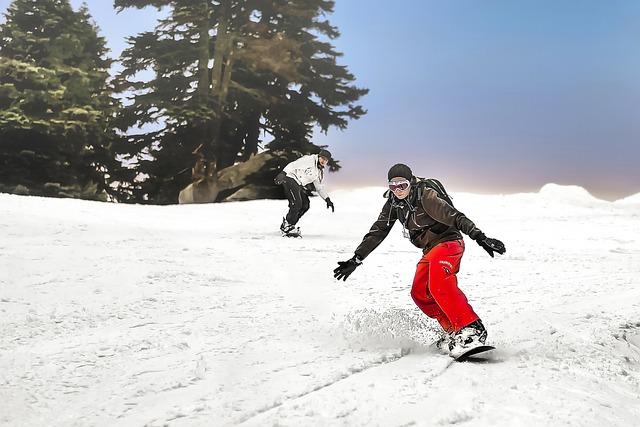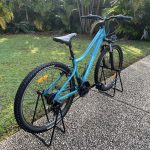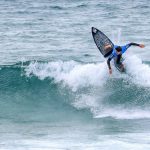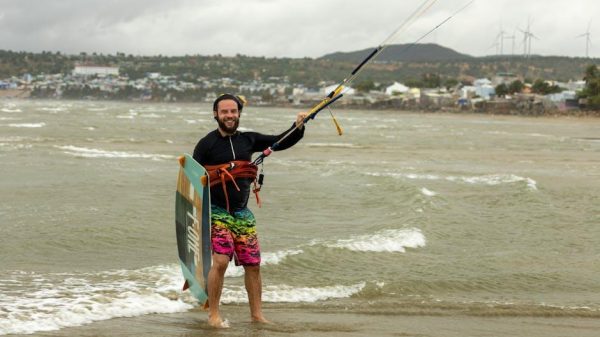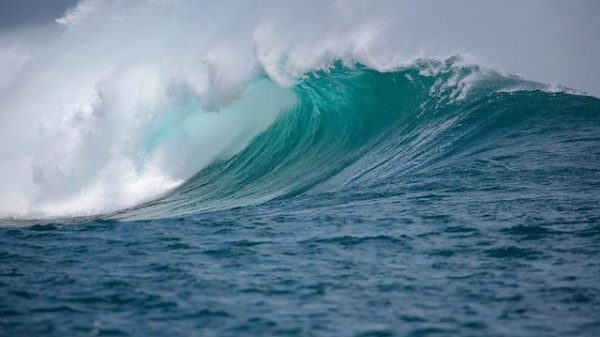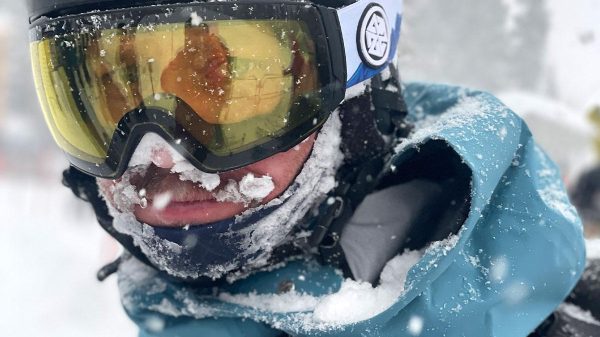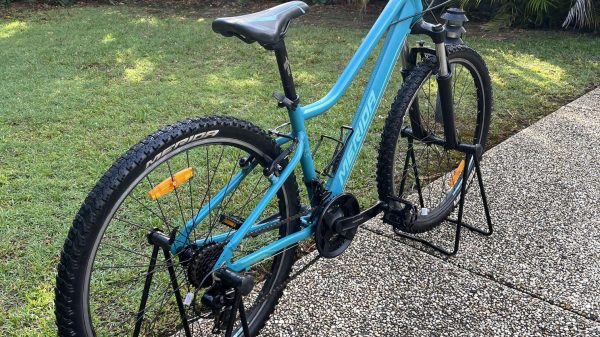In the dynamic world of snowboarding, where precision and safety are paramount, selecting the right equipment is crucial. Among the essential gear, snowboard goggles play a pivotal role in enhancing visibility, protecting against the elements, and ultimately elevating your performance on the slopes. However, with a plethora of options available, choosing the right pair tailored to your specific conditions can be daunting. This article delves into the critical factors to consider when selecting snowboard goggles, offering an analytical approach to ensure that your choice not only complements your riding style but also adapts seamlessly to the diverse and often unpredictable mountain environments. By understanding the intricacies of lens technology, fit, and additional features, you can make an informed decision that optimizes your vision and safety, allowing you to focus on what truly matters—enjoying the thrill of the ride.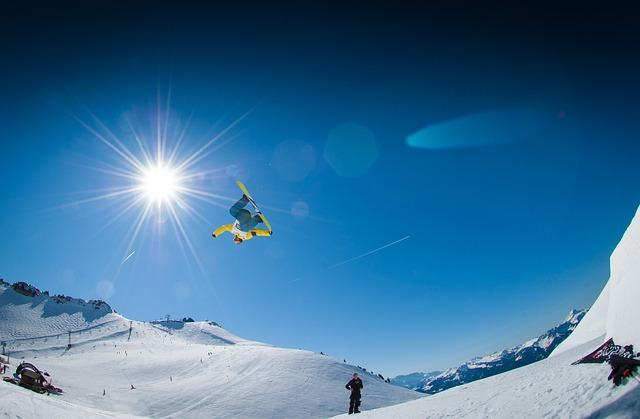
Understanding Lens Technology for Optimal Visibility
When selecting snowboard goggles, understanding lens technology is crucial for ensuring optimal visibility in varying conditions. Different lenses are designed to enhance your vision by filtering and managing light in unique ways. Here’s what to consider:
- VLT (Visible Light Transmission): This measures how much light a lens allows to pass through. Lower VLT percentages are ideal for bright, sunny days, while higher percentages are better for overcast or nighttime conditions.
- Lens Color: The color of the lens affects contrast and visibility. For instance, yellow or gold lenses enhance contrast in low-light conditions, while darker lenses like gray or brown are suited for sunny days.
- Polarization: Polarized lenses reduce glare from reflective surfaces such as snow, enhancing comfort and visibility, especially on sunny days.
By understanding these aspects, you can choose lenses that not only protect your eyes but also provide the clarity needed to navigate the slopes with confidence.
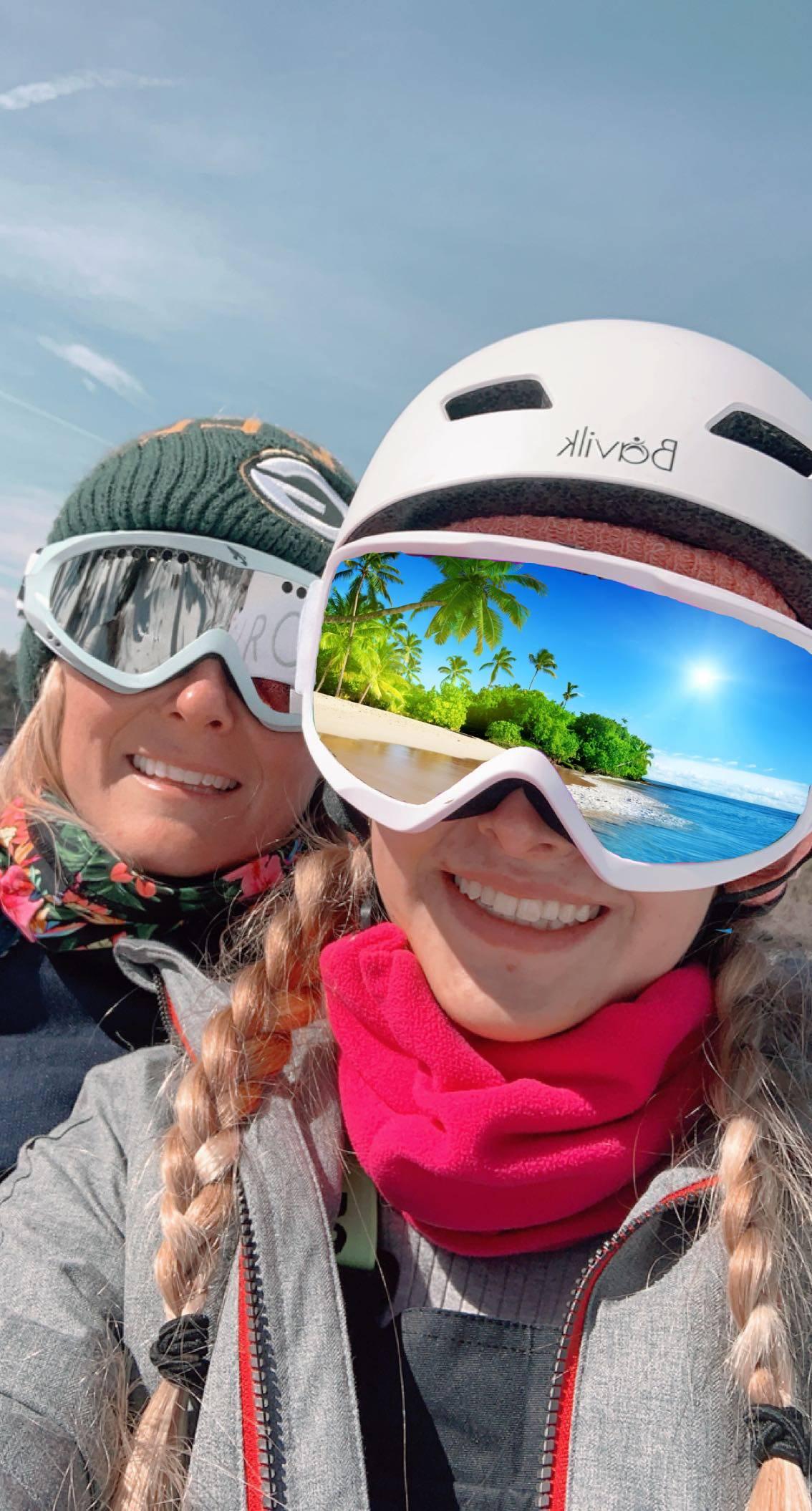
Evaluating Frame Fit and Comfort for Maximum Performance
When it comes to maximizing performance on the slopes, the fit and comfort of your snowboard goggles are paramount. A proper fit ensures that your goggles stay in place during intense runs and protect your eyes from the elements. Comfort, on the other hand, can significantly affect your endurance and overall enjoyment. Here’s what to look for:
- Foam Padding: Look for multi-layered foam padding that molds to your face, providing a snug yet comfortable seal. This helps prevent cold air and snow from sneaking in while also reducing pressure points.
- Adjustable Straps: Ensure the straps are easily adjustable to accommodate helmets and different head sizes. A wide strap with a non-slip silicone lining will keep your goggles securely in place.
- Bridge Fit: Check that the nose bridge fits well without pinching. An ill-fitting nose bridge can cause discomfort and compromise your vision.
By focusing on these aspects, you can ensure that your goggles not only enhance your vision but also contribute to a seamless and enjoyable ride.
Assessing Ventilation and Anti-Fog Features for Clear Vision
When selecting snowboard goggles, ensuring they have superior ventilation and anti-fog capabilities is crucial for maintaining clear vision in diverse weather conditions. Effective ventilation involves strategically placed vents that allow for optimal airflow, preventing moisture buildup within the goggles. This feature is essential, especially during intense physical activity, where heat and humidity can quickly accumulate. Look for goggles with adjustable venting systems that can be customized based on the environmental conditions you are facing, providing you with flexibility and control.
Anti-fog coatings are another vital component to consider. Modern goggles often feature dual-layer lenses with anti-fog treatments that minimize the risk of condensation. Some high-end models incorporate heated lenses or integrated fans, which actively combat fogging by maintaining a consistent internal temperature. For an extra layer of assurance, opt for goggles with anti-scratch coatings that protect the lenses from physical damage, ensuring long-lasting clarity. By prioritizing these features, you can enhance your on-slope experience, keeping your vision sharp and unobstructed, no matter the conditions.
Selecting the Right Tints and Coatings for Varied Weather Conditions
When it comes to choosing the ideal snowboard goggles, understanding how different tints and coatings interact with varied weather conditions is crucial. Tints play a significant role in optimizing visibility and reducing glare, which can vary dramatically from bright, sunny days to overcast or snowy conditions. For sunny days, darker tints like black, gray, or mirrored lenses are recommended as they reduce the intensity of sunlight and prevent eye strain. In contrast, lighter tints such as yellow, rose, or amber are more suitable for overcast conditions, enhancing contrast and depth perception by filtering out blue light.
Beyond tints, coatings are another essential factor to consider. Anti-fog coatings are indispensable for preventing moisture build-up on the inner lens, ensuring clear vision regardless of temperature changes. UV protection coatings are non-negotiable for safeguarding your eyes against harmful ultraviolet rays. Additionally, polarized coatings can be advantageous in minimizing glare from reflective surfaces like snow, though they may not be ideal in all lighting conditions as they can obscure icy patches. By carefully selecting the right combination of tints and coatings, you can enhance your performance and safety on the slopes, tailored to the specific weather conditions you’ll face.
